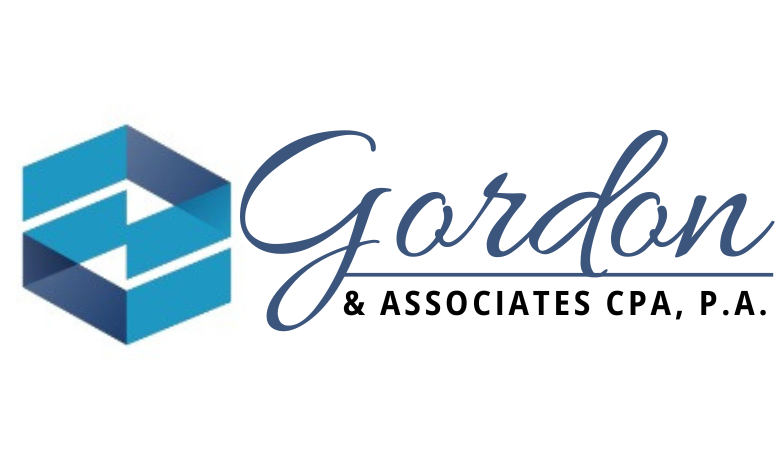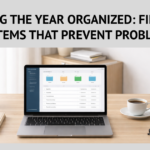Understanding the Augusta Rule:
A Tax-Saving Strategy for Homeowners

The Augusta Rule, named after Augusta, Georgia, offers a unique tax-saving opportunity for homeowners. This lesser-known provision allows homeowners to rent out their residence for up to 14 days a year without having to report the rental income on their federal tax return. Here’s an in-depth look at how the Augusta Rule works, its benefits, and how you can take advantage of it.
What is the Augusta Rule?
The Augusta Rule stems from IRS Code Section 280A(g), which permits homeowners to rent out their property for short periods while excluding the rental income from taxable income. Originally, this rule was created for residents of Augusta who rented out their homes during the Masters Tournament, but it applies to all homeowners across the United States.
How Does It Work?
1. Duration: The property can be rented out for a maximum of 14 days in a calendar year.
2. Income Exclusion: The rental income earned during these 14 days is tax-free and does not need to be reported on your tax return.
3. Primary Residence Requirement: The property must be your primary residence, meaning you live there most of the year.
4. No Proration Needed: There is no need to prorate expenses such as mortgage interest or property taxes for the days the home is rented out.
Key Benefits of the Augusta Rule
1. Tax-Free Income: You can earn rental income without increasing your taxable income, providing a direct financial benefit.
2. No Reporting Hassles: There’s no need to report the rental income on your tax return, simplifying your tax filing process.
3. Flexible Use: You can rent out your home for events, vacations, or any short-term need without worrying about tax implications.
Steps to Utilize the Augusta Rule
1. Document Everything: Keep detailed recor3s of the rental period, including rental agreements and proof of rental payments.
2. Ensure Compliance: Make sure the rental period does not exceed 14 days within the year to remain eligible for the tax exclusion.
3. Consider Market Rates: Charge a fair market rental rate for the period your home is rented to ensure compliance with IRS regulations.
Practical Applications
Many homeowners use the Augusta Rule during major local events, holidays, or peak travel seasons when rental demand and rates are high. This can provide a significant tax-free boost to your income without the administrative burden of reporting rental income.
The Augusta Rule is an excellent strategy for homeowners looking to maximize their income potential while minimizing their tax liability. By renting out your home for up to 14 days a year, you can take advantage of this unique provision to earn tax-free rental income. As always, consult with a tax professional to ensure you’re maximizing your benefits while complying with all relevant tax laws.
For more detailed information, refer to IRS Publication 527, which covers residential rental property and related tax rules.
By understanding and leveraging the Augusta Rule, you can enjoy the financial benefits of short-term rentals without the headache of additional tax burdens.






